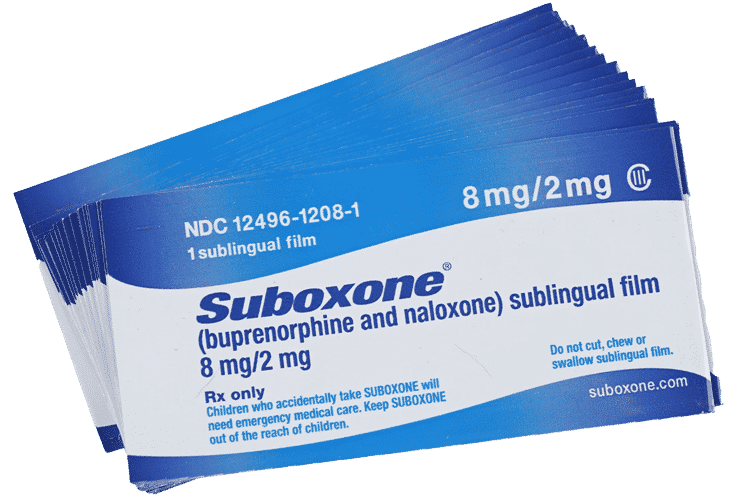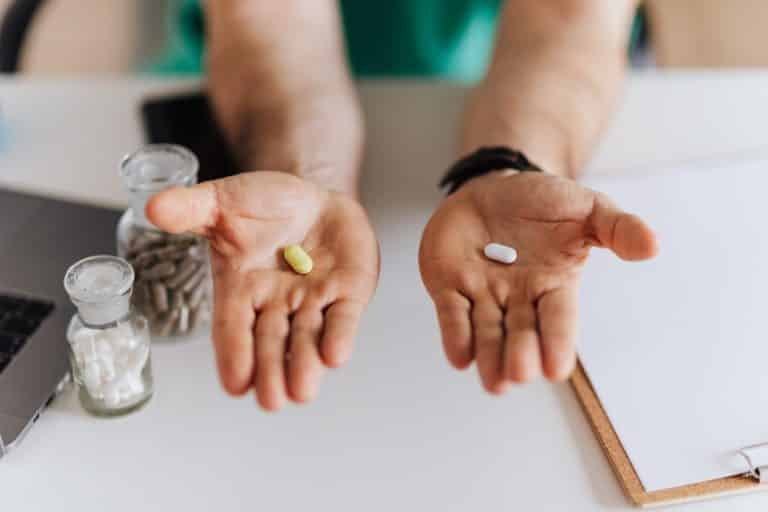Opioid abuse is running rampant throughout the United States. Fortunately, though, things are starting to look up.
Approximately 1.27 million people in the U.S. are currently receiving medication-assisted treatment for opioid addiction.
Suboxone is one of the most common medications used to support those who are addicted to opioids. Read on to learn everything you need to know about it so you can decide if it’s a good option for you.

What Is Suboxone?
Suboxone is often used in medication-assisted treatment for people who are struggling with opioid addiction. It is a combination medication that is available in two different forms: a sublingual tablet and a sublingual film.
Regardless of how it’s administered, Suboxone helps to reduce the severity of the withdrawal symptoms one might experience when they stop using opioid drugs, such as anxiety, tremors, nausea, sweating, and vomiting.
To understand how this medication works, it’s important to first break down the two Suboxone active ingredients: Buprenorphine and Naloxone.
Buprenorphine
What is Buprenorphine? How does Buprenorphine work?
Buprenorphine is a type of drug known as a partial opioid agonist. Its effects are similar to those of an opioid. However, the effects are also much weaker than those of full agonists, such as heroin.
Buprenorphine is also different from other opioids because it has a “ceiling effect.” This causes the opioid effects to level off at a certain point, even as a person’s dosage increases. This helps to reduce one’s risk of misusing Buprenorphine or becoming dependent on it.
Many people who use Buprenorphine find that they have fewer withdrawal symptoms after giving up opioids. They also notice a reduction in cravings and have an easier time abstaining from drugs moving forward.
Naloxone
What about Naloxone? Naloxone, the other side of the Suboxone coin, is an opioid antagonist (also known as an opioid blocker).
Naloxone works by binding to the opioid receptors. When this happens, it reverses the effects of other opioids. It is designed to reverse the effects of an opioid overdose.
The presence of Naloxone in Suboxone helps to discourage users from abusing the medication. If someone were to crush up and snort a Suboxone tablet or try to inject it, for instance, the Naloxone would block the opioids from the opioid receptors. This, in turn, prevents the user from getting high.
Benefits of Suboxone for Opioid Overdose
There are lots of reasons to consider Suboxone over other types of medications prescribed during recovery. The following are some of the most noteworthy benefits it has to offer:
No “Opioid Effect”
When you consume drugs that are opioid agonists (heroin, oxycodone, etc.) you experience what’s known as the “opioid effect.” This effect is characterized by reductions in pain, as well as an increase in feelings of pleasure thanks to the release of endorphins.
The opioid effect is, objectively speaking, pretty pleasant. This is why it’s so hard to give up opioids, especially when you’ve been using them for a long time.
Some people are hesitant about medication-assisted treatment because some drugs also produce an opioid effect. Suboxone is not one of them, though. It reduces withdrawal symptoms and helps you manage cravings, but it doesn’t provide the same “high” that a regular opioid would.
Reduced Risk of Dependency and Abuse
Because Suboxone does not produce a euphoric opioid effect, there is less of a chance that someone who uses it will become dependent on it.
You may have heard about people who sought out medication-assisted treatment for opioid addiction, only to become addicted to the drugs prescribed for treatment. The chances of this happening while taking Suboxone are slim since it won’t cause the same sense of euphoria that other drugs can.
The likelihood that someone will abuse or overdose on Suboxone is lower, too.
Since it contains Naloxone, a person who tries to snort Suboxone or inject will end up experiencing symptoms such as sweating, nausea, vomiting, and headaches. This makes it less appealing and puts the user in a better position to potentially overcome their addiction.
More Accessibility
Suboxone is more widely available and accessible than a lot of other drugs used in medication-assisted treatment.
For example, unlike medications like Methadone, which has to be administered in a special clinic, Suboxone can be prescribed in a regular doctor’s office. Because it’s easier to access (and is accessible from a place with less stigma attached to it) there’s a greater chance that someone will seek it out and use it as part of their recovery plan.
How Suboxone Works Best
Suboxone can be a lifesaver (literally) for people who are struggling with opioid addiction. However, it’s worth noting that it works best when it’s combined with other treatment protocols, including therapy.
Suboxone isn’t meant to be used long-term or on its own. In a perfect world, a person would use it to curb their withdrawal symptoms while going through therapy, either one-on-one or in a group setting.
This combination of treatments gives them a chance to focus more on their recovery without the distraction of withdrawal symptoms, avoid the long-term effects of opioids, and come up with effective coping strategies. That way, when they’re faced with temptations in the future, they’ll be able to navigate them with more ease and reduce their risk of relapsing.
If you’re considering using Suboxone to help yourself get off of opioids, make sure you have a plan to take it in conjunction with another type of addiction treatment.
Get Help with Opioid Addiction Today
As a combination drug that minimizes withdrawal symptoms and discourages abuse, Suboxone is an effective option for many people struggling with opioid addiction, especially when it’s combined with therapy and other treatment modalities.
Do you need help giving up opioids? Are you ready to take back control of your life and start feeling like yourself again?
If you’re interested in medication-assisted treatment, or if you want to learn about other forms of recovery support, we’re here to help at New Leaf Detox and Treatment. Contact us today to learn more about our treatment programs.



